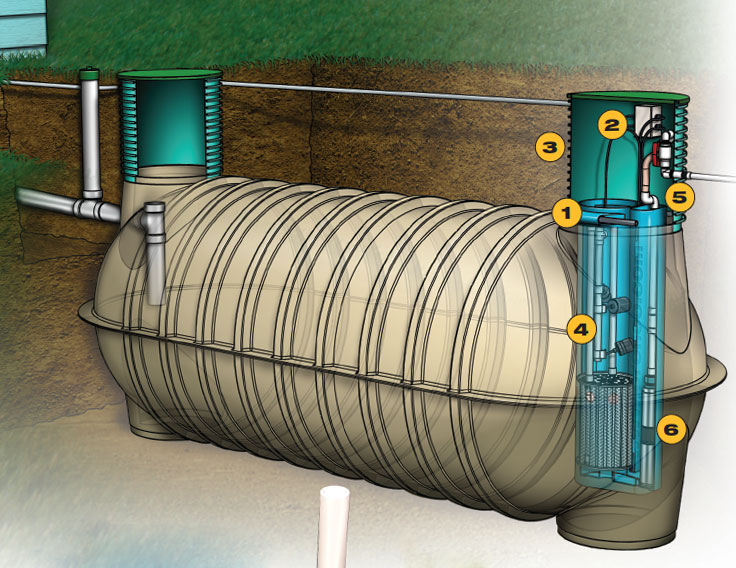
25
Septic tanks are essential for treating and disposing of household sewage. However, in some situations, septic systems face challenges in effectively moving wastewater, especially in properties with varying topography or high groundwater levels. This is where septic lift stations come into play, ensuring that your septic system operates smoothly and efficiently.
Septic lift stations, also known as sewage lift stations or pump stations, are crucial components of septic systems in properties with specific drainage needs. They are designed to help move wastewater from lower elevations to higher ones, where gravity alone cannot achieve the desired flow. Essentially, a lift station functions as a pump system that raises sewage or wastewater to the level of the septic tank or a higher disposal point, such as a drain field.
A typical septic lift station consists of several key components that work together to facilitate the movement of wastewater:
Septic lift stations play a vital role in septic systems, particularly in situations where the septic tank is situated at a higher elevation than the plumbing fixtures within the home. They are also essential in cases where the property's natural drainage doesn't allow for proper wastewater flow.
When it comes to septic tank installation, septic companies must carefully assess the property's topography to determine if a lift station is necessary. The correct installation of a lift station can prevent potential issues, such as sewage backup, clogged drains, or overflowing toilets. Moreover, septic tank repair and maintenance services often involve inspecting and ensuring the proper functioning of lift stations to avoid costly problems down the line.
Septic tank pumping is another aspect where lift stations play a role. During the pumping process, the wastewater from the septic tank is lifted into the pump truck for removal. A well-maintained lift station ensures efficient pumping and prevents complications that can arise during this essential maintenance procedure.
Whether you're considering septic tank installation, septic tank repair, or simply need routine septic tank pumping, understanding the role of lift stations and ensuring their proper maintenance is essential for the efficient operation of your septic system. Regular inspections by Charlotte Septic Pros can help identify and address any issues with the lift station to ensure the overall health and longevity of your septic system.

21
Simple Habits That Protect Your Septic System A well-functioning septic system does its job quietly, but the moment something goes…
Read more
14
Pump Now or Pay Later: The Real Cost of Skipping Maintenance A properly functioning septic system is easy to forget…
Read more
11
Why Your Septic System Always Acts Up at the Worst Time Homeowners often feel that septic problems strike at the…
Read more
04
Early Warning Signs Your Septic Tank Needs Pumping For homeowners who rely on a septic system, routine maintenance is not…
Read more
29
Why Does My Septic System Smell Fine One Day and Terrible the Next? If you own a home with a…
Read more
19
Is Your Septic System Overdue? Simple Home Checks You Can Do Today For many homeowners, the septic system is a…
Read more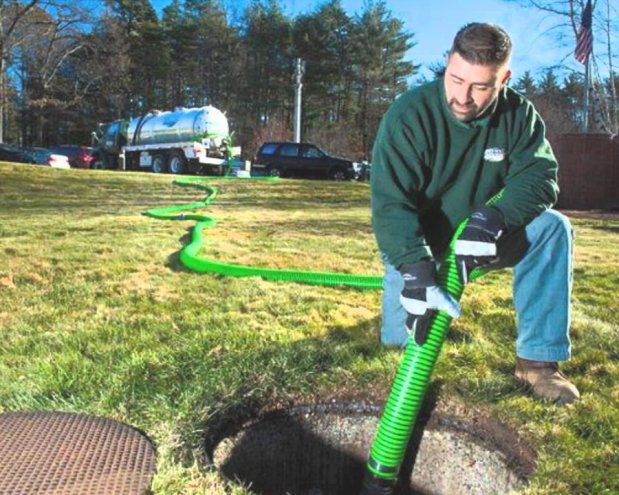
13
5 Signs Your Septic Tank Is Overdue for Pumping Your septic system works quietly behind the scenes, managing wastewater from…
Read more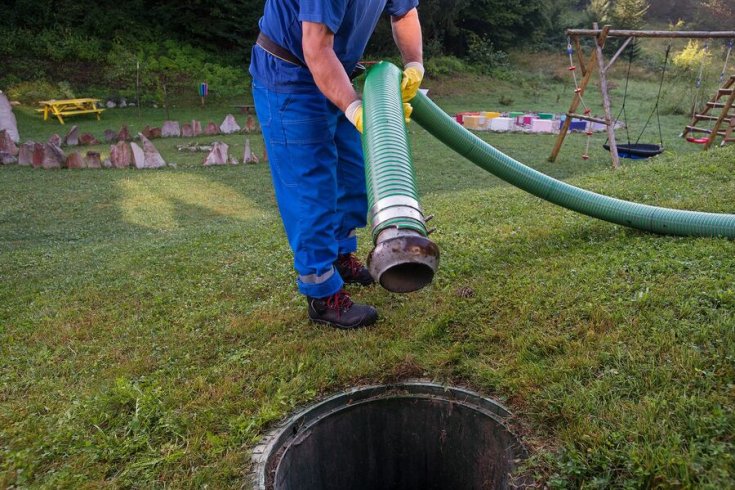
07
Do Septic Additives Really Work? Septic additives are everywhere. You’ll see them at hardware stores, advertised online, and often recommended…
Read more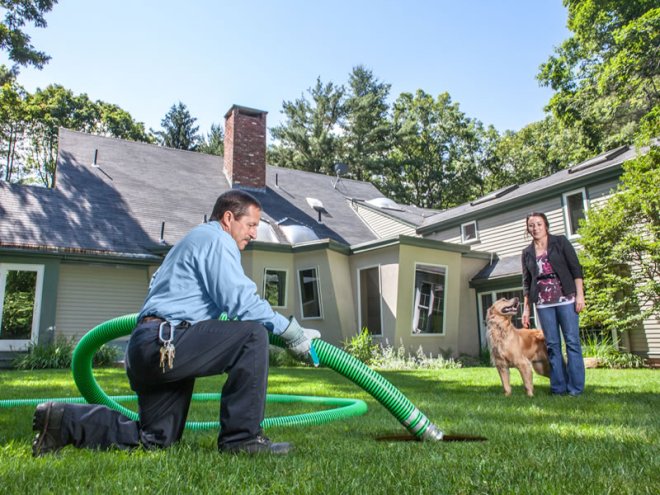
29
5 Things You’re Doing Every Day That Fill Up Your Septic Tank Faster Your septic system works quietly in the…
Read more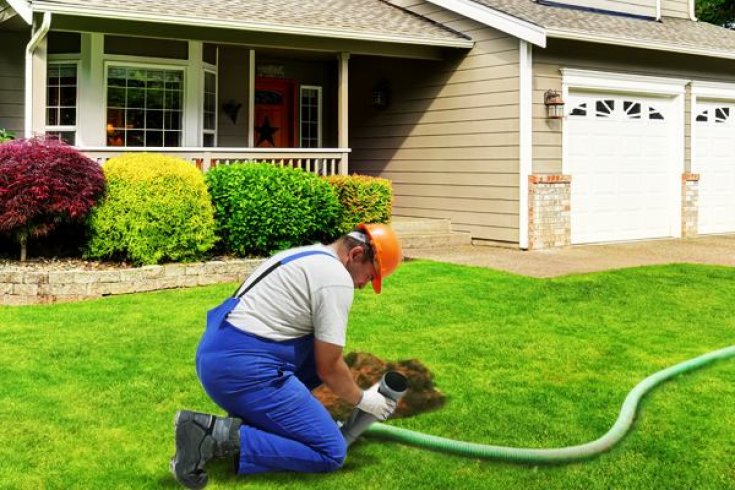
21
Is It Normal for Grass to Grow Greener Over My Septic Tank? If you’ve noticed a patch of grass in…
Read more